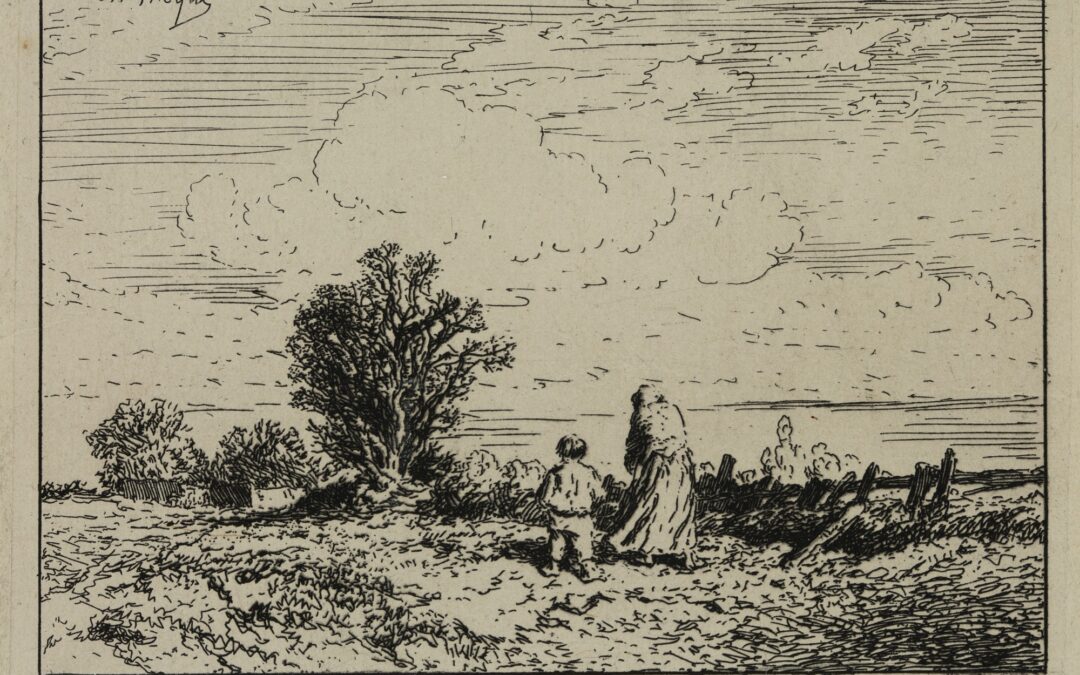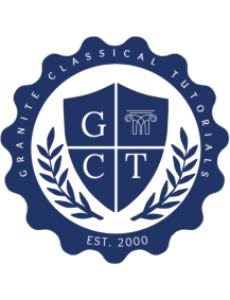Our 2018-19 theme is journey. As educators, it’s important for us to really consider what kind of journey we want to take our students on. Of all the different journey metaphors we might hear regarding education, each of them connotes a wealth of ideas, only some of which we might actually want to employ as classical Christian educators.
For instance, we might talk about giving young students a “head start” so that they can be on a “fast track.” But do we really want to think of education as a race? Is our focus to be on the speed, the rush, the ability to beat others as in a competition?
This fast-paced language is so common in our age of technology. The availability of information at our fingertips means that we often feel pressured to consume a LOT, and to do it quickly. This bleeds into our teaching and homeschooling when we demand that our students memorize everything in a short amount of time, or when we insist that nothing can be cut from the curriculum even when it’s jam-packed. I know fall prey to this tendency sometimes, because there is simply so much that is good that I want my students to encounter. But if we’re constantly running a race, we lose the ability to meditate, to dwell, to pause, to linger.
In contrast, a pilgrimage has the tenor of a slower-paced, deliberate journey. We rarely travel by foot in the present day, so we might associate journey and travel with airplanes and bullet-trains that get us to our destinations quickly, rather than with an old-fashioned pilgrimage that requires us to walk miles and miles in a day. But pilgrims have some unique opportunities that modern-day commuters don’t: They can stop and rest when they need it. They can pause and enjoy something beautiful when they come across it. The destination, rather than the arrival time, becomes the focus in a pilgrimage.
At the same time, a pilgrimage is more taxing than a modern-day journey. It’s tiring. It takes more time. It requires patience, diligence, and perseverence. Being a pilgrim means picking up the walking staff and moving steadily forward, even when it’s difficult.
As we start the journey of this academic year, it’s worth remembering that a classical Christian education encourages us to do a few things well, rather than trying to get to everything. We don’t need to race to make it to every single excursion along the way; we can choose a few things, and then really delight in them and do them with excellence.
May this year’s journey be a pilgrimage for you and your students; may you take joy rather than resentment in the effort needed to move forward, delight in the landscapes you travel through, and pursue with excellence what you set out to achieve.
Aubry Myers is the Director of Classical Education at Granite Classical Tutorials.


